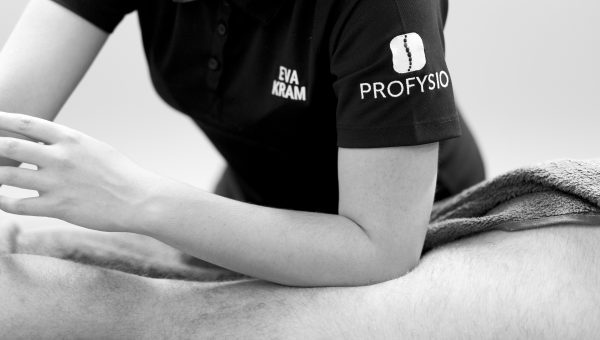
About The Stecco Method
The Stecco Method is a manual therapy technique developed by the Italian physiotherapist Luigi Stecco in the 1980s. This method is based on a biomechanical model that emphasizes the important role of the fascia in treating musculoskeletal disorders and internal organ dysfunctions.
Fascia forms a connective tissue network in the human body, covering and connecting organs, muscles, nerves, and blood vessels. Its stiffness can cause pain and tension.
How does the Stecco Method work?
The Stecco Method begins with a thorough assessment of the client, during which the therapist identifies problems within the fascial system. The specialist then manipulates specific points on the body, relieving tension, improving circulation, and enhancing nerve function. This process helps to alleviate pain and restore freedom of movement.
What issues can be addressed with this method?
- Chronic pain: lower back and neck pain
- Joint pain: knees, elbows, shoulders, hips
- Jaw joint dysfunctions and pain
- Headaches, dizziness, pressure in the head/eyes
- Nerve entrapment syndromes: Carpal tunnel syndrome, discopathy (disc diseases), etc.
- Overuse injuries: tendinopathies, epicondylitis (tennis elbow), bursit, etc.
- Post-traumatic conditions: ankle sprains, recovery after fractures
- Postoperative conditions and complaints: limited mobility, scar tissue stiffness and itching, etc.
- Injury prevention: amateur and professional athletes, people working in fixed positions, etc.
- Internal organ dysfunctions: urinary incontinence, chronic bladder infections, reflux (heartburn), rehabilitation after pneumonia, etc.
- Everyday discomfort: tensions caused by a sedentary lifestyle.





